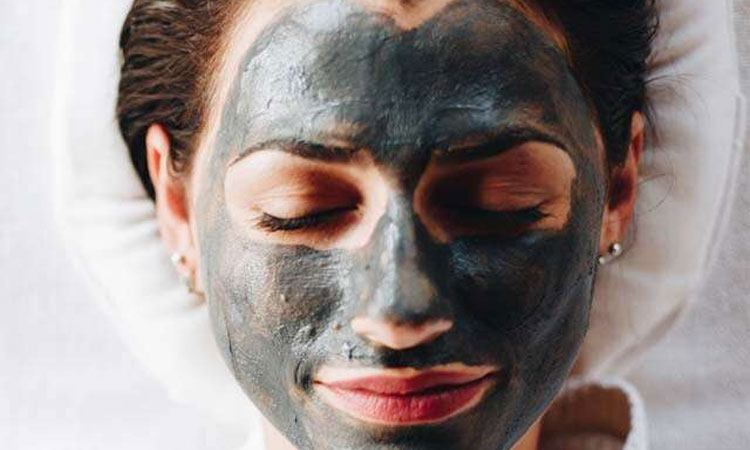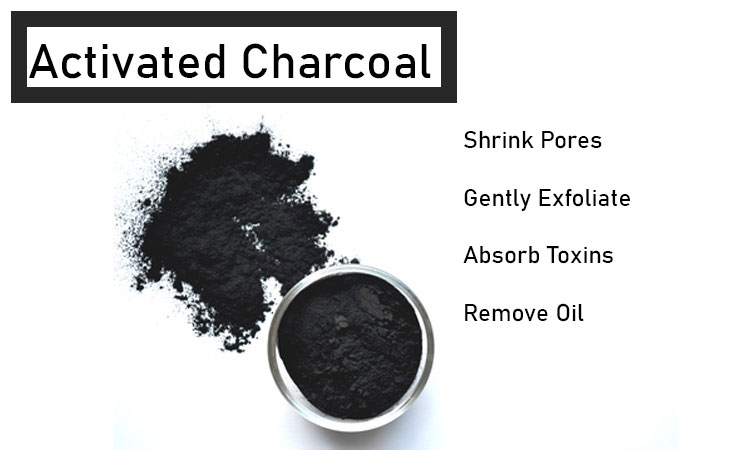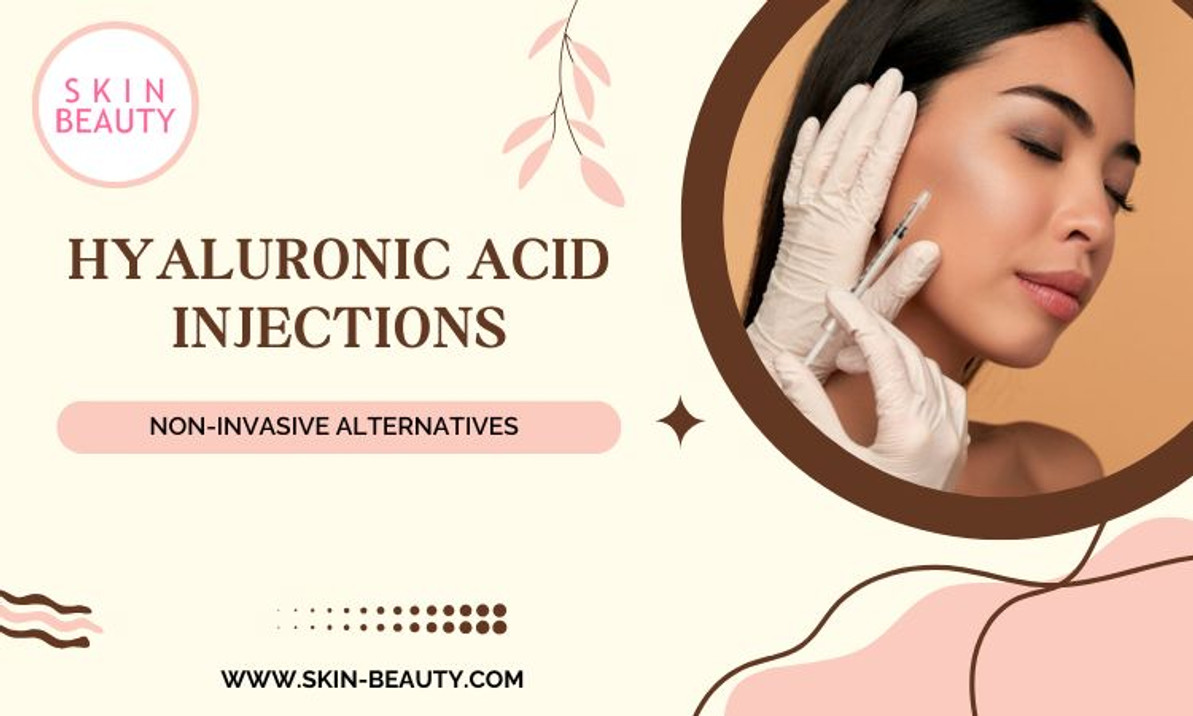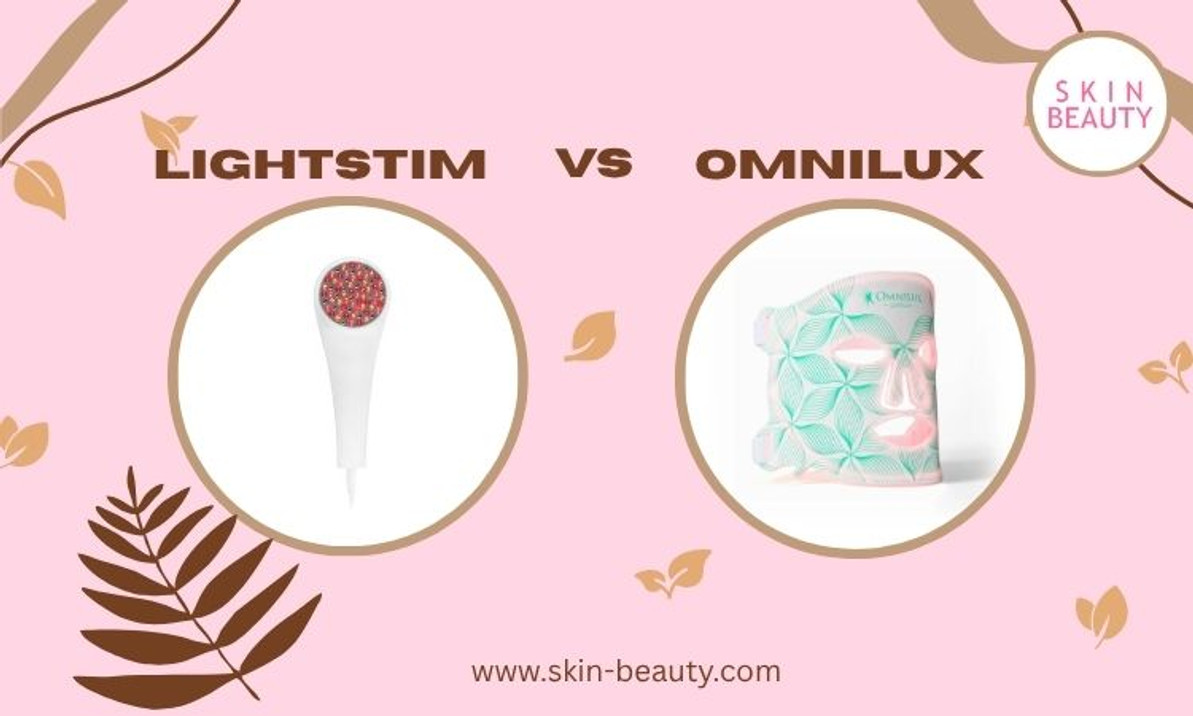Activated Charcoal in Action, Reducing Impurities in the Skin.
Activated Charcoal-have you met?
Yes, there is a difference between the charcoal you use for your weekend BBQ and the Activated Charcoal found in your beauty products, but what is the difference? Activated Charcoal is the result of heating carbon-rich materials to a high temperature. By heating the charcoal, it becomes porous, almost sponge-like. In this new form, it will be able to absorb toxins or impurities in the skin. When we talk about Activated Charcoal, we want to think about charcoal being a magnet for all the excess pore-clogging impurities in our skin. Activated Charcoal is a deep black color, and you've probably seen it in your water filter at home or in toothpaste. The truth is Activated Charcoal is used in many cases, sometimes even medical. In a medical sense, Activated Charcoal is used in poisoning cases to help attract the body's toxins. When we apply this concept to skincare, we are essentially removing the toxins stuck in our pores. Brands like Biore have jumped on this trend by creating Activated Charcoal pore strips, which have flown off shelves. Medically, Activated Charcoal works, but there isn't a ton of research for Activated Charcoal in beauty brands. The limited research doesn't stop brands from using it as an ingredient; especially recently, we've seen many brands with at least one product containing charcoal. Customers are raving about charcoal being the secret to their tiny pores and balanced skin. Should your skin type be using Activated Charcoal products? Is there a downside? Let's find out!

Who can benefit from Activated Charcoal?
Activated Charcoal can realistically work for all skin types; however, people with oily skin and breakouts will benefit the most from this ingredient. Since Activated Charcoal has antibacterial properties and is made up of a porous surface, it is thought that the charcoal will be able to draw out dirt and oil from the pores, thus creating smaller pores and even texture. Activated Charcoal may be your go-to if you are noticing rough texture and dullness as it provides gentle exfoliation to the surface of your skin. You may want to look for an Activated Charcoal cleanser with an oily skin type to help dry out breakouts. You can also use a charcoal mask as a spot treatment for current breakouts, or spots you are noticing may develop into a significant breakout. A charcoal mask can be applied all over or just in the t-zone. Activated Charcoal should be used as a mask 1-3x a week, depending on the skin type. If you notice your skin becoming too dry, you can either use it less often throughout the week, only use it as a spot treatment, or increase your moisturizer use. With any new product or ingredient, it is best to perform a spot test on yourself. The best way to see if you will have an adverse reaction is to apply a small amount on your neck close to the jawline; after a few minutes, it is safe to proceed if there is no redness or irritation. Typically charcoal does not cause allergic reactions, so you can move ahead with confidence in your new ingredient.

Possible Skin Benefits of Activated Charcoal
- Pore size-reduction
- Oily skin becomes more balanced
- Soothe cuts, bites, irritation
- Remove soap build-up on scalp or skin, easing itchy skin
- Gentle exfoliation of dead skin cells
How does Activated Charcoal work?
Activated Charcoal is created when it is heated at a high temperature; it will become more porous in this state. Initially, Activated Charcoal is used to remove toxins and chemicals in your body by absorbing them; think of this ingredient as a sponge. In the same sense, it is believed to have the same effects on the skin. Since Activated Charcoal has such a large porous surface area, it is thought to become "sticky" to attract toxins that should not be in your pores or on your skin. Sometimes when Activated Charcoal is in a cleanser, it is paired with another active ingredient such as an AHA or BHA. It is hard to determine if the charcoal is acting on its own, purifying the skin. A charcoal mask is often paired with Kaolin clay; the Kaolin will remove oil while the Activated Charcoal works hard to absorb toxins. Paired together, they are a dream for oily acne-prone skin types.

What are the side effects? If any?
Overall, Activated Charcoal is considered safe for the skin. As far as side effects go, there aren't any as long as you perform a patch test first. The one charcoal product you may want to avoid would be the peel-off charcoal masks you've probably seen all over social media. These can do more damage than good when dealing with the surface of your skin. It may be best to stick with a gentle face wash or mask that can be rinsed from the skin as this will be less abrasive, especially when dealing with skin that is irritated from breakouts.
Activate your routine with Activated Charcoal
Activated Charcoal claims to absorb toxins in the skin; if you notice your pores being enlarged from excess oil and impurities, this ingredient may be the secret ingredient to soft, smooth skin. Of course, too much of a good thing can sometimes have adverse effects, so make sure you aren't overusing charcoal and causing your skin to become dehydrated. There are other products when it comes to Activated Charcoal, such as toothpaste, deodorant, scalp care, and bar soap; it doesn't stop at skincare. There are still claims that Activated Charcoal doesn't work as well externally as it does internally, however with all the positive reviews from Activated Charcoal products, it is definitely worth the little risk to try. You may notice your pores shrinking, blackheads disappearing, and a reduction in oil. There is nothing to lose, except well, the impurities in your skin!
Shop our favorite charcoal products below
Recent Posts
-
Hyaluronic Acid Injections
Hyaluronic Acid Injections: What to Know & Non-Invasive Alternatives That Actually Work In the p …Jun 17th 2025 -
Kojic Acid Creams
My Kojic Acid Journey: How One Ingredient Transformed My Skin (And the Best Kojic Acid Creams to Try …Jun 11th 2025 -
LightStim vs. Omnilux
LightStim vs. Omnilux: My Real LED Skincare Results & Which One I Recommend LED light therapy&nb …Jun 3rd 2025




